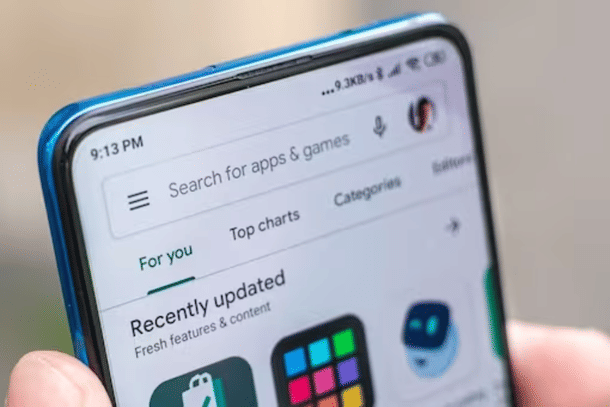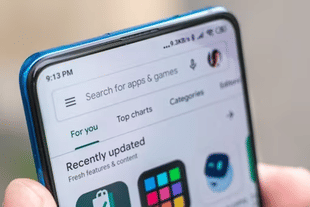News Headlines
Fee Fight Heats Up As Popular Apps Vanish from Play Store In India
Abhishek Kumar
Mar 02, 2024, 01:28 PM | Updated 01:27 PM IST
Save & read from anywhere!
Bookmark stories for easy access on any device or the Swarajya app.


On 1 March 2024, Google ignited fresh conflict with several prominent Indian internet companies by removing their apps from the Play Store. This move stemmed from a long-standing dispute over Google's Play Store billing policies, which Indian developers deem "unfair."
The delisted apps belong to ten Indian developers and include popular names like Bharat Matrimony, Shaadi.com, Naukri.com, and dating apps like Truly Madly and QuackQuack. These companies argued that Google's fees for hosting apps on the Play Store were excessive and significantly impacted their profit margins.
This conflict has been brewing for three years, with Indian developers seeking relief from Google's commission structure and billing practices. The Competition Commission of India (CCI) previously ruled in favor of the developers, allowing them to utilize alternative payment options alongside Google's Play Billing System. Google implemented a user-choice billing system complying with the CCI order, but the developers contested its validity and associated commission charges.
Seeking intervention, Indian developers appealed to the government and the Supreme Court. However, on 9 February 2024, the Supreme Court declined to restrain Google from delisting non-compliant apps. Following this, Google proceeded with delisting the apps, claiming it was enforcing its policies consistently and in line with its global practices.
Indian developers and industry bodies like the Internet and Mobile Association of India (IAMAI) expressed their disapproval, arguing that Google shouldn't take such actions while the Supreme Court case is ongoing. Google, however, maintains its stance, asserting that only a small fraction of Indian developers have chosen not to comply with its billing policies. The tech giant argues that enforcing consistent policies across the ecosystem is necessary and justifiable.
Google's action as also sparked calls for the Indian government to develop an alternative app store infrastructure to counter such dominance and offer a more balanced playing field for Indian developers.
Abhishek is Staff Writer at Swarajya.




